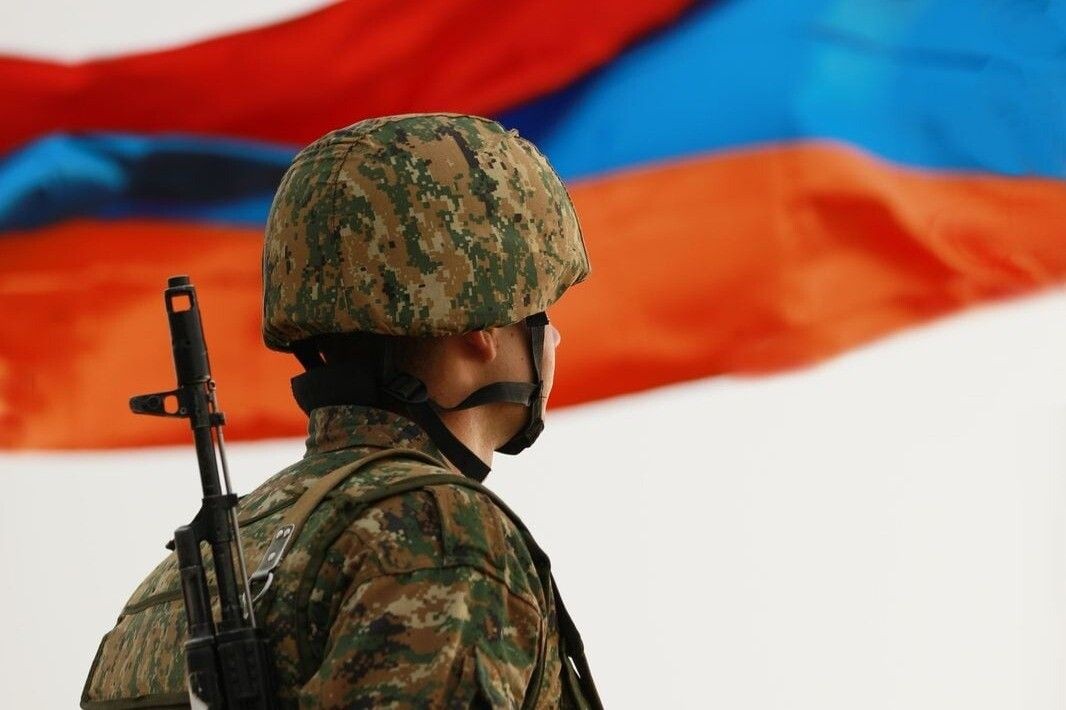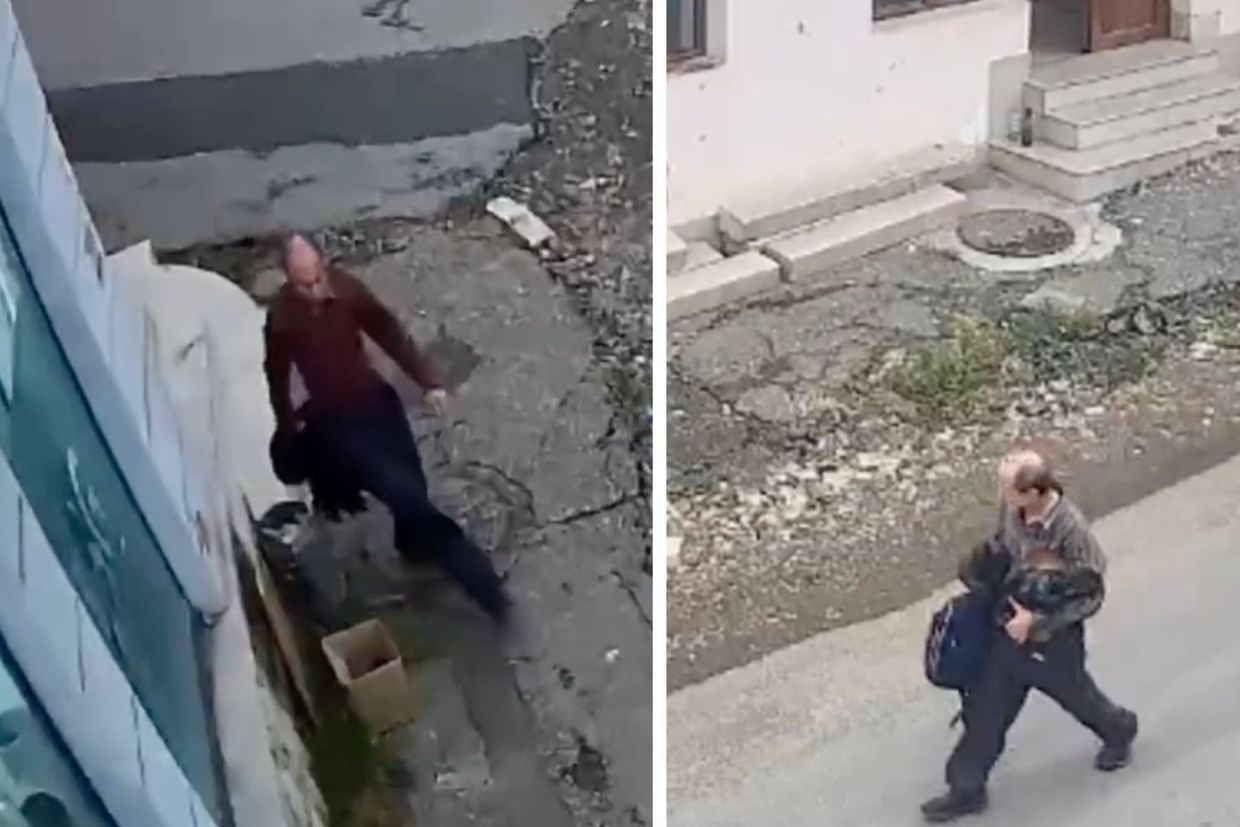
Armenia is aiming to reframe its perception of security issues the country faces, recent comments by top officials, including Prime Minister Nikol Pashinyan, have indicated.
In comments at an international security forum in Yerevan on Monday, Pashinyan said that the Armenian military had previously been the primary method for ensuring the country’s security.
‘To put it mildly, it was the first, second, third, and fourth line. I’ve previously said that we hadn’t even realized what burdens we had placed on our troops. Then we came to understand — unfortunately — that if the number one tool for ensuring security is the military, it means you don’t really have any security tools’, Pashinyan said.
Instead, the military ‘should be the last tool in the security system. And the more tools you have before it, the better’, he said.
Separately, Foreign Intelligence head Kristinne Grigoryan said that security threats to Armenia are ‘very low at the moment’, but added that the words ‘ “at the moment” are very important’.
‘The growth and changes in threats over time occur very quickly’.
However, she added that there are threats to democracy, which ‘do not come from one state or one actor’.
In a third set of official comments on how Armenia is rethinking its security perspective, Secretary of Security Council Armen Grigoryan said that the government is is transforming its national narratives and symbols to ‘step by step remove’ everything that can be perceived as a threat, which can help ease pressure on the country’s security system.
Grigoryan was responding to a question from a journalist about the recent decision to remove Mount Ararat, located in Turkey but an important symbol of Armenian national identity, from the country’s border crossing stamps.
The comments come in the wake of unprecedented steps towards peace between Armenia and Azerbaijan following a historic meeting between Pashinyan, US President Donald Trump, and Azerbaijani President Ilham Aliyev in Washington in August.
The Washington summit saw the initialling of the peace treaty between Armenia and Azerbaijan, as well as an agreement to establish a route between Azerbaijan and its exclave of Nakhchivan through Armenia called TRIPP, or the Trump Route.
In the aftermath of the meeting, Pashinyan said that Armenia would not raise its defence spending due to the ‘established’ peace with Azerbaijan.
However, Azerbaijan has just announced it will continue to raise its own defence spending, adding an additional ₼318 million ($187 million) in funding in 2026. Nonetheless, there is speculation that the increase may be more connected to Baku’s increased tensions with Moscow than to the Armenia–Azerbaijan conflict.












